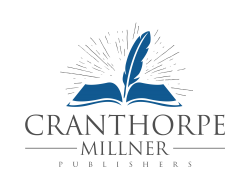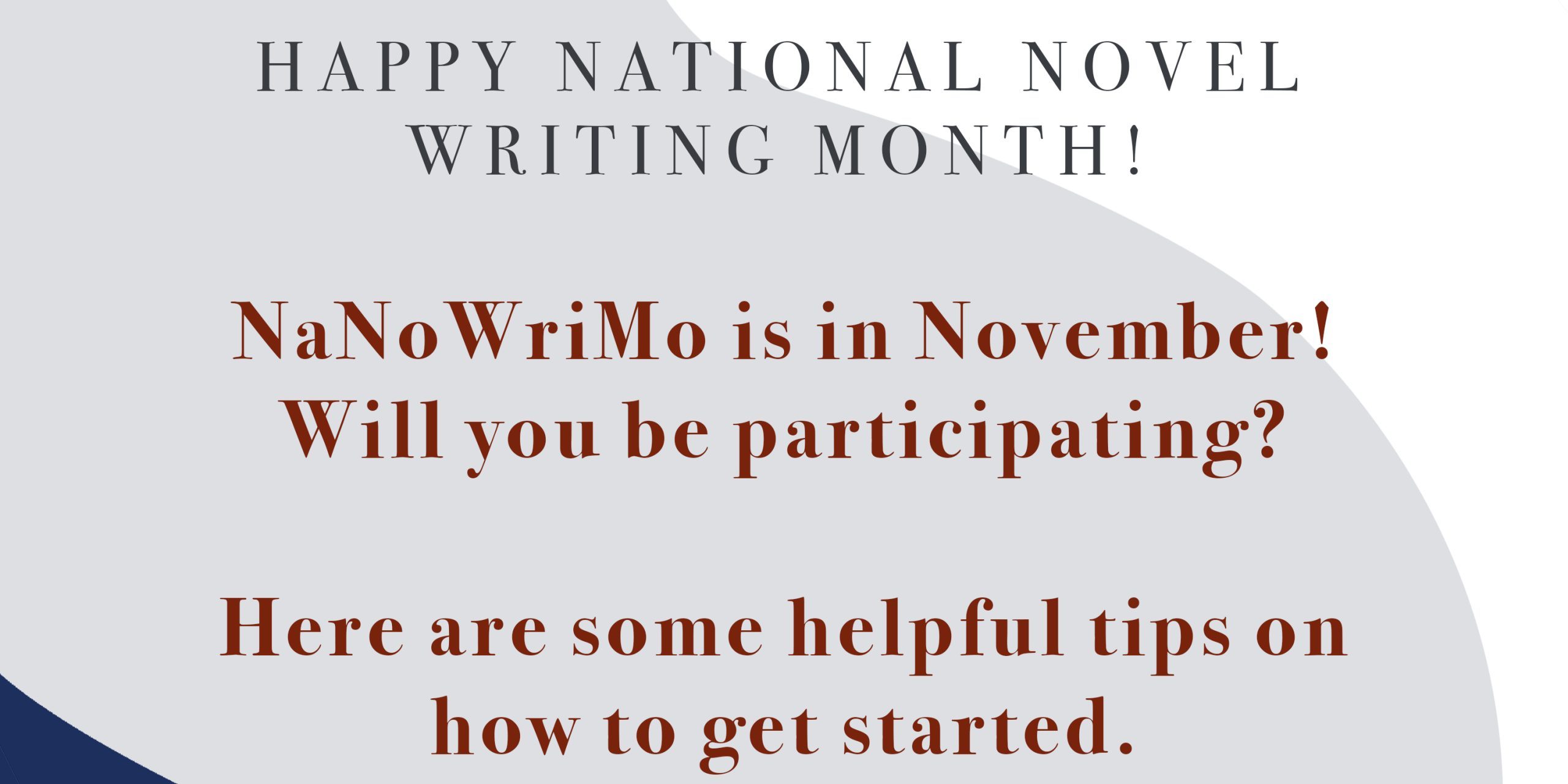NaNoWriMo, which stands for National Novel Writing Month, is in November! Will you be participating?
In order to participate and potentially win NaNoWriMo, the rules are simple: from November 1 to November 30, you need to write 50,000 words – either a brand new novel or a complete rewrite of an old one. If you want to hit the magic word count, you’ll need to write an average of 1,667 words per day!
Should you complete the challenge, you can upload your novel to the NaNoWriMo website to verify your word count. Winners are given banners and certificates to display if they choose. But most importantly, you’ll have a brand new and completed draft of a novel!
Some people opt for this challenge as it’s a handy way to actually get their head around the feat of writing a novel. It forces you to sit down and reflect, to really focus, to turn off your inner editor and just write.
Maybe you’re like Irvine Welsh, and you also “enjoy the freedom of the blank page”, or maybe you’re more Charles Krauthammer who saw the blank page as a ‘horror’? “I simply cannot write on a blank page or screen,” he said. “Once I do, I start to fix it, and I never get past the first sentence.”
We all have our different methods and our different stumbling blocks, but for an awful lot of people just getting started is one of the toughest things.
Is there anything worse than the blank page, staring at you accusatorily? Do you find one of the hardest things about filling that page is the anxiety that what you write simply won’t be ‘good’? Remember what Jodi Picoult said: “You can edit a bad page. You can’t edit a blank page.”
So maybe NaNoWriMo is for you. Here are some tips to get started:
Start with a single sentence concept. Make sure you love that concept. Maybe publishing is your ultimate goal but put all those concerns from your mind and simply write what you love. That should always be your main motivation.
Know your characters. You are writing in such a short space of time that it might be easy to lose sight of who your characters are. You don’t have the Tolkien or George R.R. Martin-esque luxury of writing separate novellas for each character and their family history to get to know them better, but you must still know them intimately. Let them determine the story. Trust them. Let them wander.
Find the optimum time for you to write. Set a schedule. Stick to it. Treat it as a job!
Don’t be afraid to make mistakes, don’t try to be perfect on the first draft. The whole point is just to get the words down. It should feel freeing.
But above all: enjoy it. We write because we can’t not. Let yourself have fun with it. And good luck!


